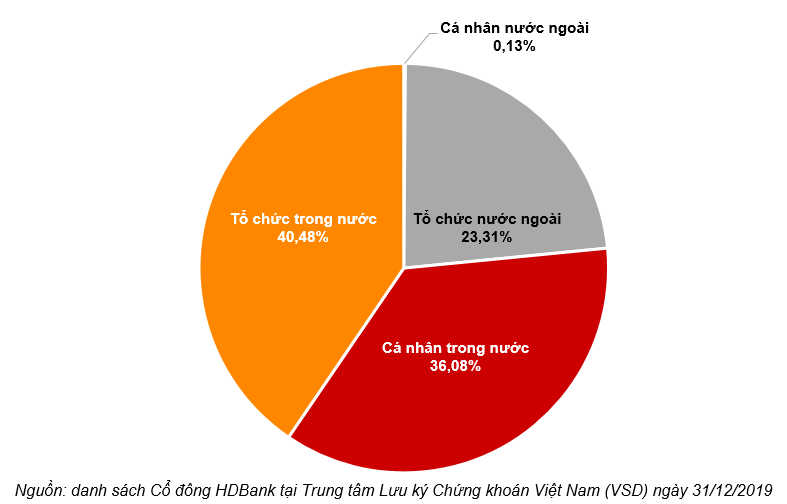Bạn đang xem: Integer là gì



integer

Integer (Econ) Số nguyên+ Một số tròn, không có phần thập phân hay phân số.
integer /”intidʤə/ danh từ (toán học) số nguyên cái nguyên, vật trọn vẹn, tổng thể, toàn bộnguyênGaussian integer: số nguyên GauxơGaussian integer: số nguyên Gausscomplex integer: số nguyên phứccomplex integer: số nguyên Gauxơcomplex integer: số nguyên Gaussdivisible by an integer: chia hết cho một số nguyêndivision of a fraction by an integer: chia một phân số cho một số nguyêndivisor of an integer: ước số của một số nguyêneven integer: số nguyên chẵngauss integer number: số nguyên Gauxơinteger constant: hằng nguyêninteger constant: hằng số nguyêninteger data type: kiểu dữ liệu nguyêninteger expression: biểu thức số nguyêninteger number: số nguyêninteger part: phần nguyêninteger polyhedron: đa diện nguyêninteger programming: quy hoạch nguyêninteger programming: lập trình số nguyêninteger solution: nghiệm nguyêninteger type: kiểu nguyêninteger type: kiểu số nguyêninteger unit: bộ số nguyêninteger value: giá trị kiểu số nguyêninteger variable: biến nguyêninteger variable: biến số nguyênlong integer conversion: sự chuyển đổi số nguyên dàimulidigit integer: số nguyên nhiều chữ sốmultidigit integer: số nguyên nhiều chữ sốnegative integer: số nguyên âmnon-negative integer: số nguyên không âmnon-negative integer: số nguyên tự nhiênpositive integer: số nguyên dươngsigned integer: số nguyên có dấusmall integer: số nguyên nhỏunsigned integer constant: hằng nguyên không dấuLĩnh vực: toán & tinsố nguyênGiải thích VN: Là số không có phần thập phân (0, 1, 25, 173, 1032, …). Giá trị số nguyên có thể bé hơn, bằng hoặc lớn hơn 0.Gaussian integer: số nguyên GauxơGaussian integer: số nguyên Gausscomplex integer: số nguyên phứccomplex integer: số nguyên Gauxơcomplex integer: số nguyên Gaussdivisible by an integer: chia hết cho một số nguyêndivision of a fraction by an integer: chia một phân số cho một số nguyêndivisor of an integer: ước số của một số nguyêneven integer: số nguyên chẵngauss integer number: số nguyên Gauxơinteger constant: hằng số nguyêninteger expression: biểu thức số nguyêninteger programming: lập trình số nguyêninteger type: kiểu số nguyêninteger unit: bộ số nguyêninteger value: giá trị kiểu số nguyêninteger variable: biến số nguyênlong integer conversion: sự chuyển đổi số nguyên dàimulidigit integer: số nguyên nhiều chữ sốmultidigit integer: số nguyên nhiều chữ sốnegative integer: số nguyên âmnon-negative integer: số nguyên không âmnon-negative integer: số nguyên tự nhiênpositive integer: số nguyên dươngsigned integer: số nguyên có dấusmall integer: số nguyên nhỏsố nguyêninteger programmingquy hoạch nguyên


Xem thêm: đi đường Quyền Là Gì, Tìm Hiểu Về Hot Trend đi

Tra câu | Đọc báo tiếng Anh
integer
Từ điển WordNet
n.
Xem thêm: Phí Trước Bạ Là Gì, Trước Bạ Nghĩa Là Gì
Microsoft Computer Dictionary
n. 1. A positive or negative “whole” number, such as 37, –50, or 764. 2.A data type representing whole numbers. Calculations involving only integers are much faster than calculations involving floating-point numbers, so integers are widely used in programming for counting and numbering purposes. Integers can be signed (positive or negative) or unsigned (positive). They can also be described as long or short, depending on the number of bytes needed to store them. Short integers, stored in 2 bytes, cover a smaller range of numbers (for example, –32,768 through 32,767) than do long integers (for example, –2,147,483,648 through 2,147,483,647), which are stored in 4 bytes. Also called: integral number. See also floating-point notation.
Chuyên mục: Hỏi Đáp










